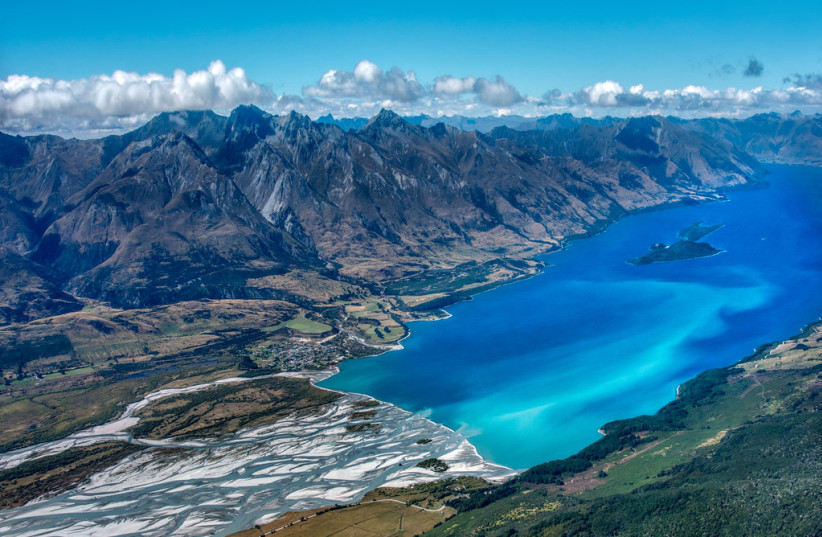In the event of a global nuclear catastrophe, researchers predict that pockets of survivors will endure, at least for a time, particularly in island nations such as New Zealand, Australia, the Solomon Islands, Iceland and Vanuatu.
The study was published in Risk Analysis, a peer-reviewed academic journal.
Surviving the nuclear fallout
The focus of the study, rather than centering on the initial event of an abrupt sunlight reduction scenario (ASRS) such as a nuclear blast, is on the hardiness of different nations in the aftermath.
The hardiness of these nations was largely assessed based on their resilience to the cascading effects of an ASRS beyond the disruption of agricultural systems around the world. “Cascading effects” refers to the chain reactions that would likely occur as a result of the initial disrupting effects of an ASRS.

The researchers identify their goals in the study as to identify the island nation societies that are most likely to be able to weather an ASRS such as a nuclear winter. They then analyzed how the self-sufficient food production systems of these societies could continue functioning under nuclear winter conditions and how well other critical societal systems would fare against the inherent degrading effect of the prolonged disruption of an ASRS.
Additionally, they used New Zealand as their case study to evaluate how resilient its various systems would make the island nation an ASRS.
“It is our hypothesis that island nations, particularly in the Southern Hemisphere, would typically suffer less from ASRS,” the researcher wite. They theorize that intricate social structure and use of technology may endure on such islands and, said societies, could raise the likelihood of a global recovery. “We now test this hypothesis with our food threshold analysis, island profiles, and case study.”
The study identifies numerous potential consequences of such an event in the realms of health, infrastructure/energy, food/water, society and climate/environment.
The study suggests that these consequences would probably not be evenly distributed for numerous reasons. The Northern Hemisphere would likely be hit harder as nuclear detonations would likely mostly occur in the Northern Hemisphere near population centers, temperature declines would be more dramatic there, and lower rates of food self-sufficiency.
Even the most resilient of nations to nuclear winter still have vulnerabilities
Even those nations thought to be more resilient to the event of a nuclear winter have their vulnerabilities, however. For instance, the study’s authors write of New Zealand that “severely at risk from nuclear war due to its dependence on trade, energy imports, and the intricate interdependence of societal systems.”
Australia also, while enjoying many of New Zealand’s strengths, may find itself a more likely target for nuclear attack due to its relationships with the US and the UK.
Still, island nations, in addition to their favorable geographic positioning, have many distinct advantages.
For example, Australia produces an enormous abundance of food that would be more than enough to feed itself as well as more than three times the energy it requires. Indonesia also has complete energy self-sufficiency.
Many island nations also score well in social and political cohesion and stability.
